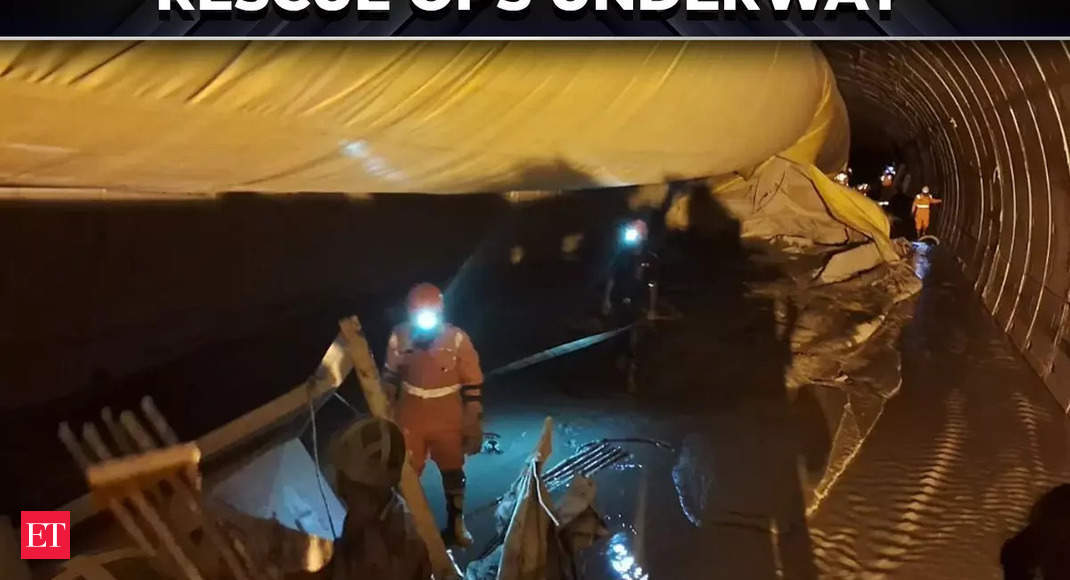Tamil Nadu’s MSMEs will face major carbon hurdles in coming years as European Union puts in place regulations that penalise exporting companies for their carbon footprint. At the MSME panel discussion at the Global Investors Meet in Chennai on Sunday, Hans Raj Verma, CMD, Tamil Nadu Industrial Investment Corporation (TIIC), said a number of these regulations, some of which will start kicking in from 2026 onwards, will take the price competitive advantage away from Indian suppliers in the global supply chain.
Regulations such as EU Deforestation Regulation (EUDR) and EU cross border carbon policy are fixing additional levies based on the “carbon weight of products”.
And with “shipping coming under carbon rules” importing parts from cheaper locations will become uncompetitive for EU companies, he said. India’s MSME suppliers, therefore, need “low cost, home-grown solutions” for sustainable productivity. “At TIIC we embed sustainability in our MSME clients through hand-holding,” he said. TIIC has signed an MoU with IIT Madras to enable MSMEs to adopt energy efficient solutions and adopt Industry 4.0 on shopfloors so that Tamil Nadu suppliers can become part of the global supply chain, he said.
MSME companies feel some of these carbon regulations are unfair trade practices. “Logistics carbon emissions will be calculated for carbon tax in EU and it seems like Europe wants to source everything within Europe,” said Sundaram, CEO of auto parts company Sundar Enterprises. But with the state government tying up with Tata Technologies to turn 71 industrial training institutes (ITIs) into Industry 4.0 technology centres, MSME units have the opportunity for quick skill upgrade, added Verma. Similarly 50-100 MSME units are being trained free of cost in the Hosur cluster in collaboration with Toyota as part of a hub and spoke model.
M Ponnuswami, co-chair, CII National MSME Council, said these efforts are important as exports are critical for margins. “Just 10 days ago a MSME delegation visited Dubai and Abu Dhabi,” he said. “They are looking for value addition in their export markets and margins are three times the domestic returns,” he added.









